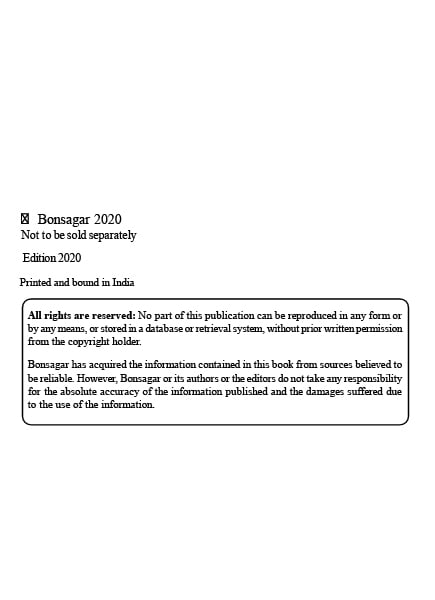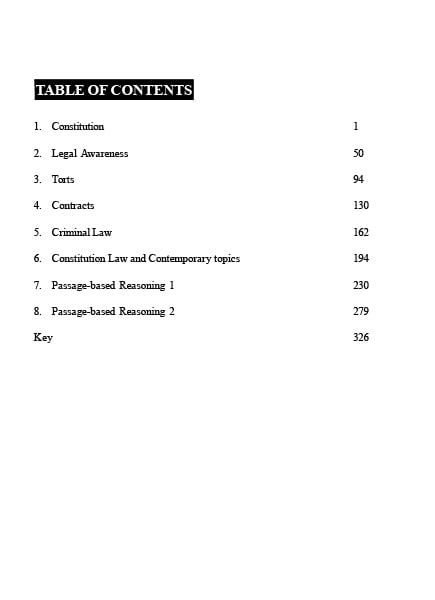Mastering Verbal Ability for IPMAT
Introduction:
Verbal Ability is a crucial component of the Integrated Programme in Management Aptitude Test (IPMAT), assessing candidates’ proficiency in the English language, comprehension, and critical reasoning skills. Excelling in Verbal Ability is essential for securing a high score in the IPMAT and gaining admission to prestigious management programs. In this article, we will explore effective strategies and techniques to master Verbal Ability for IPMAT, empowering candidates to approach this section with confidence and achieve success.
Understanding the Verbal Ability Section:
The Verbal Ability section of IPMAT typically comprises questions on various topics such as reading comprehension, vocabulary, grammar, and critical reasoning. Candidates are tested on their ability to comprehend and analyze written passages, identify errors in grammar and usage, and interpret information logically. To excel in this section, candidates need to develop a strong foundation in English language skills and cultivate effective reading and reasoning abilities.
Reading Comprehension:
Reading Comprehension (RC) is a prominent component of the Verbal Ability section, requiring candidates to read and understand passages from diverse topics and answer questions based on them. To master RC for IPMAT, candidates should adopt the following strategies:
a. Active Reading:
Engage in active reading by focusing on the main idea, supporting details, and the author’s tone and purpose while reading the passage.
b. Skim and Scan:
Practice skimming and scanning techniques to quickly identify key information, main arguments, and relevant details within the passage.
c. Practice Regularly:
Solve a variety of RC passages from different genres and difficulty levels to enhance your comprehension skills and develop a familiarity with different question types.
d. Time Management:
Manage your time effectively during the exam by allocating sufficient time for reading the passage, analyzing questions, and answering them accurately.
Vocabulary:
A strong vocabulary is essential for understanding written passages, answering vocabulary-based questions, and expressing ideas effectively in the written communication tasks. To improve your vocabulary for IPMAT, consider the following strategies:
a. Word Lists and Flashcards:
Create word lists or flashcards of commonly used words, synonyms, antonyms, and idiomatic expressions, and review them regularly to reinforce your memory.
b. Contextual Learning:
Learn new words in context by reading extensively and noting down unfamiliar words encountered in various texts. Try to understand their meaning based on the context and usage.
c. Vocabulary Exercises:
Solve vocabulary exercises, puzzles, and quizzes to test and expand your vocabulary in a fun and interactive manner.
d. Word Roots and Affixes:
Learn word roots, prefixes, and suffixes to decipher the meanings of unfamiliar words and deduce their meanings based on familiar linguistic elements.
Grammar and Usage:
The Grammar and Usage section of IPMAT assesses candidates’ knowledge of English grammar rules, sentence structure, and usage. To master this aspect of Verbal Ability, candidates should focus on the following areas:
a. Grammar Rules:
Review and practice fundamental grammar rules such as subject-verb agreement, tenses, articles, prepositions, pronouns, and modifiers.
b. Error Identification:
Practice identifying and correcting errors in grammar, usage, punctuation, and sentence construction by solving grammar-based exercises and sample questions.
c. Sentence Correction:
Develop the ability to recognize and correct grammatically incorrect sentences by understanding the rules of standard English usage and applying them effectively.
d. Sentence Completion:
Practice completing sentences with appropriate words or phrases based on context, meaning, and grammatical correctness to enhance your understanding of sentence structure and coherence.
Critical Reasoning:
Critical Reasoning questions assess candidates’ ability to analyze arguments, evaluate evidence, and draw logical conclusions. To excel in Critical Reasoning for IPMAT, consider the following strategies:
a. Identify the Argument:
Identify the main argument or conclusion presented in the passage and understand the supporting premises or evidence provided to justify it.
b. Analyze the Structure:
Analyze the logical structure of the argument, including assumptions, premises, evidence, and conclusions, to identify any flaws or weaknesses in reasoning.
c. Evaluate Evidence:
Evaluate the relevance, credibility, and strength of the evidence presented in the passage to support the argument and determine its validity.
d. Practice Deductive Reasoning:
Practice solving deductive reasoning questions involving syllogisms, logical deductions, and inference-based reasoning to sharpen your analytical skills and logical thinking abilities.
Conclusion:
Mastering Verbal Ability is essential for success in the IPMAT exam and gaining admission to prestigious management programs. By adopting effective strategies and techniques for reading comprehension, vocabulary building, grammar and usage, and critical reasoning, candidates can enhance their Verbal Ability skills and approach this section with confidence. Regular practice, diligent preparation, and a thorough understanding of the exam pattern and question types are key to achieving success in Verbal Ability for IPMAT.




